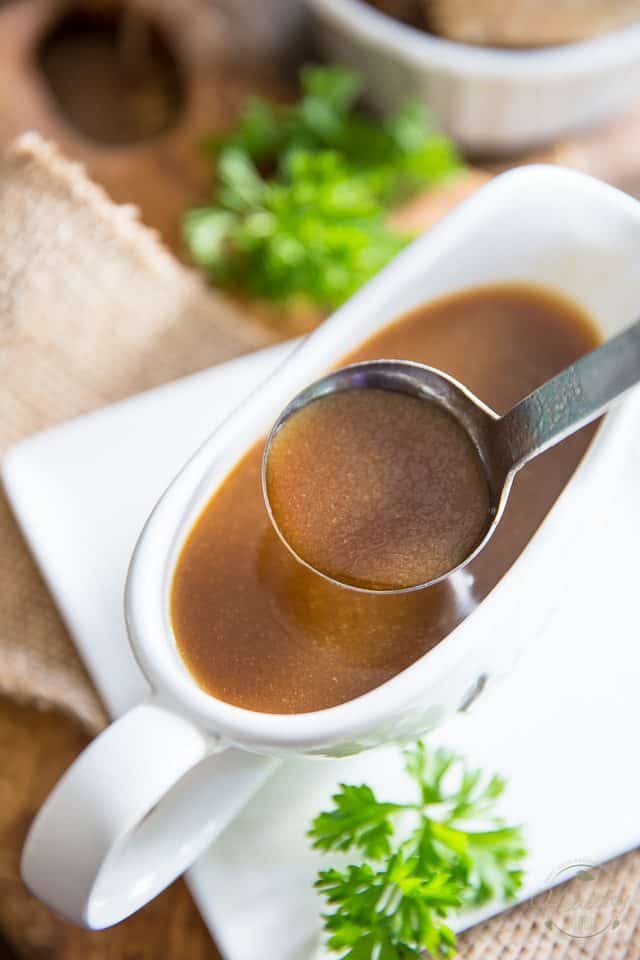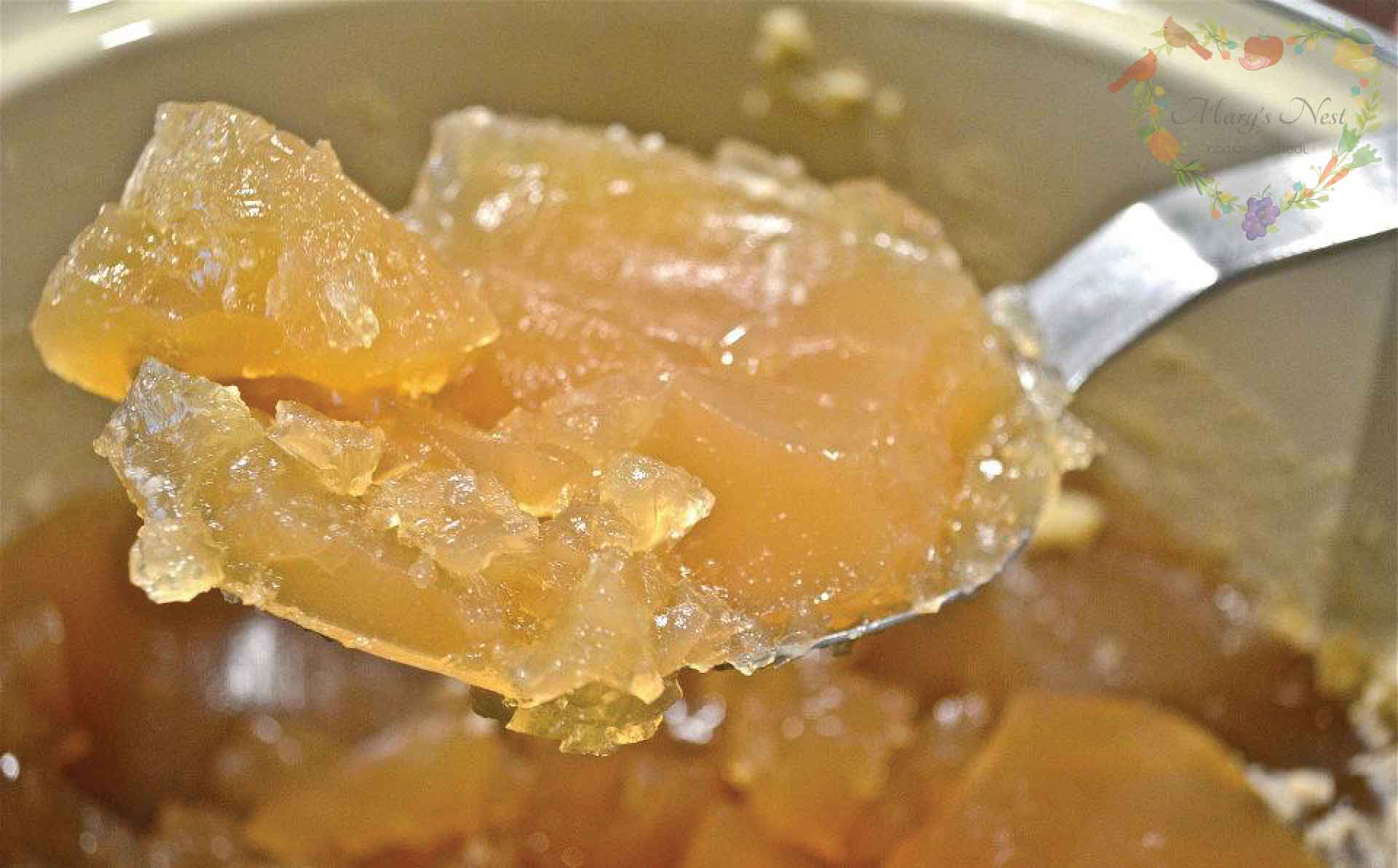List of Baby Foods That Pair Well With bone broth for infants
List of Baby Foods That Pair Well With bone broth for infants
Blog Article
The aImportance of Healthy And Balanced Food: Why Bone Broth Is a Terrific Option for Infants
Bone broth stands out as a nutrient-dense choice, providing crucial vitamins and minerals that support development and development. What are the best ways to introduce bone broth to your little one?
Nutritional Conveniences of Bone Broth for Infants
When you introduce bone broth to your infant's diet plan, you're supplying a nutrient-dense food that uses various health benefits. Packed with essential vitamins and minerals, bone broth includes calcium, magnesium, and phosphorus, which support your infant's growing bones. It's also rich in collagen, assisting in the development of healthy skin, joints, and connective tissues.
Furthermore, bone broth is an excellent resource of amino acids like glycine and proline, which play a substantial function in overall growth and muscle mass development. These nutrients aid advertise a solid immune system, establishing a solid structure for your child's health.
Furthermore, bone broth is very easy to digest, making it a gentle alternative for your kid. By incorporating this wholesome food into their meals, you're ensuring they get necessary nutrients essential for their total well-being. So, go in advance and make bone broth a staple in your infant's diet plan!
How Bone Broth Supports Food Digestion
Bone broth is loaded with crucial nutrients that can really profit your infant's food digestion. It advertises digestive tract wellness and assists with nutrient absorption, making it a fantastic enhancement to their diet regimen. By incorporating bone broth, you're setting the stage for a much healthier digestion system.
Nutrient-Rich Composition
One of the most nutrient-rich foods you can present to your baby's diet plan is bone broth, which is loaded with crucial minerals and amino acids that sustain healthy and balanced food digestion. Rich in collagen, bone broth aids strengthen your baby's gut cellular lining, making it simpler for their body to absorb nutrients. It provides gelatin, which assists in breaking down proteins, advertising smoother food digestion. Furthermore, the broth includes necessary electrolytes like potassium and magnesium, ensuring your infant remains hydrated and stabilized. The amino acids, such as glycine and proline, play an important duty out of commission cells and supporting general health (organic bone broth). By integrating bone broth right into your infant's dishes, you're giving them a wholesome food that supports their gastrointestinal system effectively.
Advertises Intestine Health
As you introduce bone broth into your infant's diet, you'll locate it not just nurtures yet additionally promotes digestive tract health and wellness properly. Rich in gelatin, bone broth helps calm the digestive system, minimizing swelling and sustaining a healthy digestive tract lining. This is vital for infants, as a well balanced digestive tract environment lays the foundation for total wellness. Additionally, the amino acids discovered in bone broth, such as glycine, help in digestion and can help stop typical belly problems. By including this nourishing liquid, you're offering your baby with essential nutrients that add to a successful digestion system. Inevitably, a healthy digestive tract can influence everything from resistance to state of mind, making bone broth an exceptional selection for your child.
Aids Nutrient Absorption
Presenting bone broth not just sustains gut health yet likewise plays a considerable role in helping nutrition absorption. When you give your baby bone broth, you're supplying an abundant source of minerals and amino acids that boost their digestion procedures. The gelatin in bone broth aids to relieve the intestine lining, improving its capability to take in necessary nutrients.
Strengthening the Body Immune System With Bone Broth

In addition, bone broth contains glycosaminoglycans, like glucosamine, that can boost the body immune system's capability to function effectively. This implies it not only aids in constructing defenses but also help in healing from illnesses. By incorporating bone broth right into your child's diet plan, you're providing an all-natural source of nourishment that advertises health. So, take into consideration making bone broth a staple in your infant's meals, as it can play an essential role in their immune wellness and development.
Easy Ways to Incorporate Bone Broth Into Infant's Diet
Incorporating bone broth right into your child's diet can be easy and satisfying. You can additionally utilize bone broth as a base for soups or stews that you prepare for the household, guaranteeing your baby obtains a taste of tasty, healthy and balanced meals.
If your infant enjoys grains, think about cooking rice or quinoa in bone broth instead of water for additional nutrients. These approaches will certainly aid your child enjoy the advantages of bone broth effortlessly!
Homemade vs. Store-Bought Bone Broth: What to Select
Which is better for your child: homemade or store-bought bone broth? Self-made bone broth provides you complete control over the active ingredients.
On the various other read hand, store-bought choices are convenient and conserve you time. Nevertheless, they commonly consist of preservatives and might not match the deepness of flavor and nutrition you receive from homemade broth. If you go with store-bought, look for brands that are natural and without additives.
Ultimately, if you have the time and resources, homemade bone broth is the exceptional option for your baby's health. If you're brief in a timely manner, choose a quality store-bought choice as a back-up.
Age-Appropriate Bone Broth Offering Pointers
As your infant expands, it's essential to customize bone broth serving tips to their developmental phase. For babies around six months, begin with a couple of spoonfuls of watered down bone broth (where to get bone broth).
Once your infant gets to around eight months, you can offer it warm in a sippy cup or add it to soft foods like purees. By the time your youngster is around a year old, think about supplying bone broth as a standalone drink or mixing it into soups and stews. Just make certain to maintain the broth low in sodium. Always keep an eye on for any reactions, and consult your pediatrician if you have issues regarding presenting brand-new foods. Enjoy this nutritious addition to your infant's diet plan!
Other Healthy Foods to Couple With Bone Broth for Infants
When you're aiming to boost the dietary worth of bone broth for your baby, consider coupling it with nutrient-dense veggies like carrots and spinach. Entire grain alternatives, such as quinoa or brown rice, can also add texture and fiber. In addition, including healthy and balanced protein resources like shredded chicken or lentils will certainly round out the dish perfectly.

Nutrient-Dense Veggies
Nutrient-dense veggies are a superb enhancement to bone broth for babies, enhancing both flavor and nourishment. Integrating veggies like carrots, spinach, and wonderful potatoes can increase the minerals and vitamin content of your broth. Carrots provide beta-carotene for healthy and balanced vision, while spinach is loaded with iron and calcium, important for growth. Pleasant potatoes include natural sweetness and are abundant in fiber, helping digestion.
You can easily mix these vegetables right into the broth or serve them as soft, prepared pieces alongside it. This not just introduces brand-new flavors however also encourages your kid to delight in a range of nutrients. By coupling nutrient-dense vegetables with bone broth, you're laying the foundation for a healthy diet right from the beginning.
Entire Grain Options

Healthy Protein Resources
Bone broth pairs incredibly with various healthy and balanced protein sources, even more improving your infant's diet regimen. Try adding soft, cooked lentils; they're nutrient-dense and stuffed with healthy protein. You can likewise mix in shredded chicken or turkey, which are easy for your child to digest. If you're searching for plant-based options, think about mashed tofu or pureed chickpeas-- both offer outstanding protein without frustrating flavors. Eggs, when presented safely, are an additional read review great choice; they're functional and filled with nutrients. Eventually, blending in some well-cooked quinoa can include a wonderful appearance and additional protein. By combining these healthy and balanced protein sources with bone broth, you're giving your baby a well balanced, beneficial dish that supports their development and advancement.
Often Asked Inquiries
Can Bone Broth Reason Allergies in Infants?
Yes, bone broth can create allergic responses in infants, specifically if they're delicate to particular ingredients. Always consult your doctor prior to presenting brand-new foods and screen for any indicators of allergies after feeding.
How Should Bone Broth Be Stored for Babies?
You should keep bone broth in airtight containers, either in the fridge for approximately a week or in the fridge freezer for approximately 3 months. where to get bone broth. Always thaw it correctly before offering to your infant
Is It Safe to Give Bone Broth to Premature Babies?
It's vital to consult your pediatrician before introducing bone broth to early babies. They'll analyze your child's specific wellness demands and assure it's secure, considering their unique nutritional demands and developing stage. Always focus on experienced suggestions.
What Are the Indications of Intolerance to Bone Broth in Babies?
When introducing bone broth, watch for indicators like fussiness, rash, looseness of the bowels, or throwing up. If your child shows any one of these responses, it's ideal to get in touch with a pediatrician prior to remaining to supply it.
Can Bone Broth Be Used as a Meal Substitute for Newborns?
No, you should not utilize bone broth as a meal replacement for babies. It does not have crucial nutrients needed for their development. Instead, integrate it into their diet alongside well balanced dishes for added nourishment and taste.
Report this page